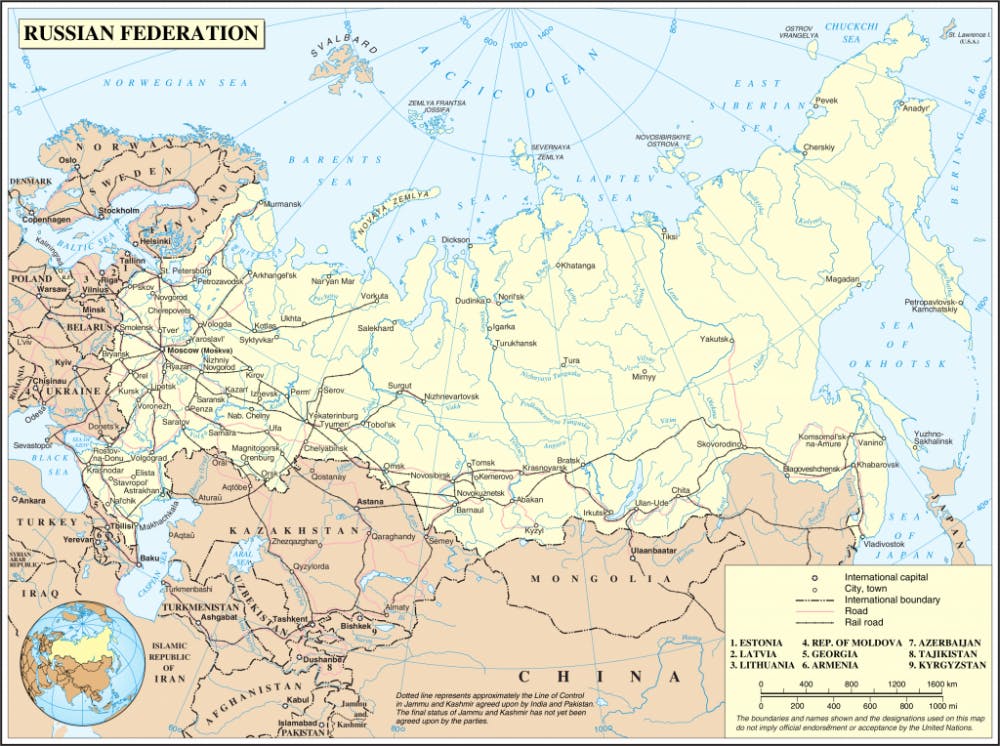Historiography is all about studying the study of history. This makes it twice as much fun and promiscuous. Okay I’m going to stop romanticizing historiography now. Studying this is actually difficult and I’m pretty crappy at it, but it’s a very important thing to know when you look at any sort writing that involves history.
What does studying the study of history entail? Well, first you’ve got to know as much of the actual history as you can, which means reading everything on the topic. By everything I mean all the primary sources, secondary sources and critiques of the secondary sources: basically everything.
But wait, all of these writers are imperfect mortals with stupid biases and nefarious agendas. So now you’ve got to be skeptical of everything you read and start calling BS when these writers try to pull some crazy stuff over your head — like neglecting major primary sources or dropping some messed-up political analyses. Everything has to be scrutinized. You have to be paranoid that all of these authors are out to get you. So after you read everything and realize all of it is imperfect, you’ve got to figure out what to do with your growing disillusionment with the world and the history paper you have due in less than a week.
For example, there’s this book, Mein Kampf, by this crazy guy named Hitler. If you took him at his word on everything about World War I and Germany in the 19th Century, you’d come out with a really screwed-up interpretation of those events, with huge doses of racism and German nationalism. If you don’t read these types of works critically, it’s not only going to get you a bad grade on a paper but could lead to some really bad stuff happening (like World War II and the Holocaust).
To be clear, not all texts using historical evidence have as much of an obvious and twisted agenda as Mein Kampf does, but it is important to be aware that no piece of historical writing can be objective. In making the very basic decision to write about something and not about something else, you’re throwing everything into a pit of subjectivity.
When you look at the historiography of all of world history, you can tell that there have been pretty clear biases since forever. Just walk through B-Level in the library where all the history books are. There are significantly more books on European and American history than on the history of South America, Africa, Asia and the Middle East. Even in those books on the history Africa and Asia, a lot of it is just about how Europeans and Americans came and imperialized those places while yelling something about the “white man’s burden.” When you look at the names of the authors of those books, it’s mostly just a bunch of old white guys talking about even older white guys.
That’s just the way the field of history has been for a long time. It’s pretty annoying that a lot of the history of the world has been neglected, but that’s just how things ended up.
I guess it’s time to admit that my history articles this past semester have been terribly subjective and have looked at a lot of “old white guy” topics.
I choose my historical events based on how weird they are. I leave out a lot of relevant details and choose only the irrelevant and quirky bits to write about. If you tried reading some of my columns like actual historical texts, history would seem a lot more trippy than it actually is.
A lot of my column has dealt with European history (actually a lot of them are about Russian history for some reason). That’s just because I’m lazy, and European history is an easy topic to research. I’d love to write a column about weird sub-Saharan African history from the 1200s, except finding detailed sources on that is pretty difficult, which is unfortunate.
So this is historiography. It’s basically pointing out how bad we all are at studying history. I guess here is the last piece of irrelevant history for the semester: The 1893 Supreme Court Decision Nix v. Hedden definitively classified tomatoes as vegetables, despite admitting that tomatoes are actually fruits.






